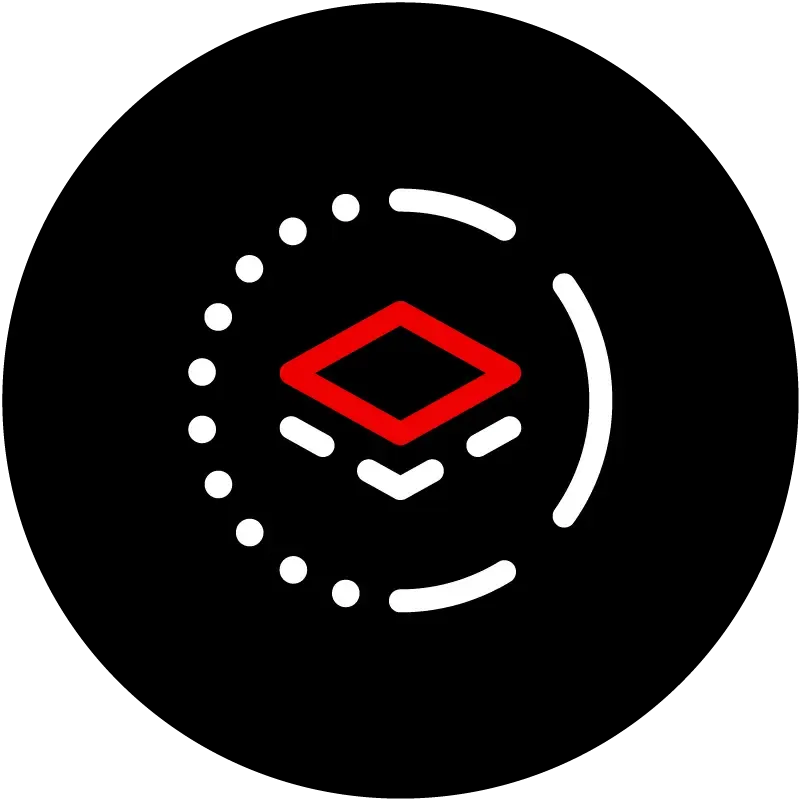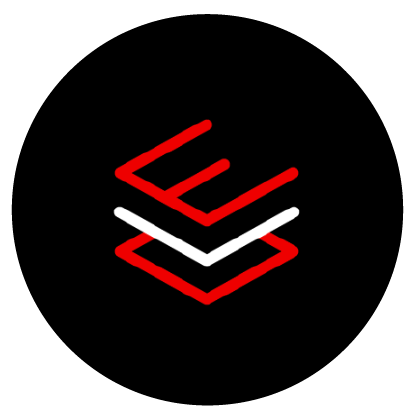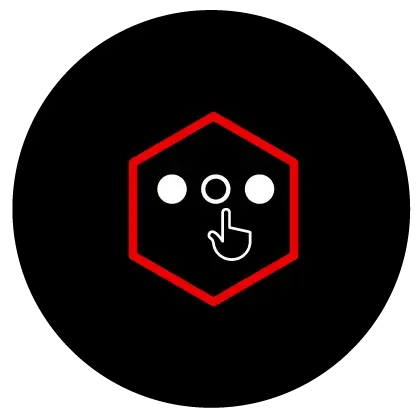Red Hat Enterprise Linux 8
Red Hat Enterprise Linux is the world’s leading enterprise Linux platform, now optimized for development. With new developer-centric features like container tools, advanced language support, and application streams, Red Hat Enterprise Linux 8 (RHEL) is the most developer friendly Linux ever. Red Hat Developer members have full access to RHEL 8 software, documentation, and how-tos.
If you're familiar with Red Hat Enterprise Linux, then this is the place to get started.
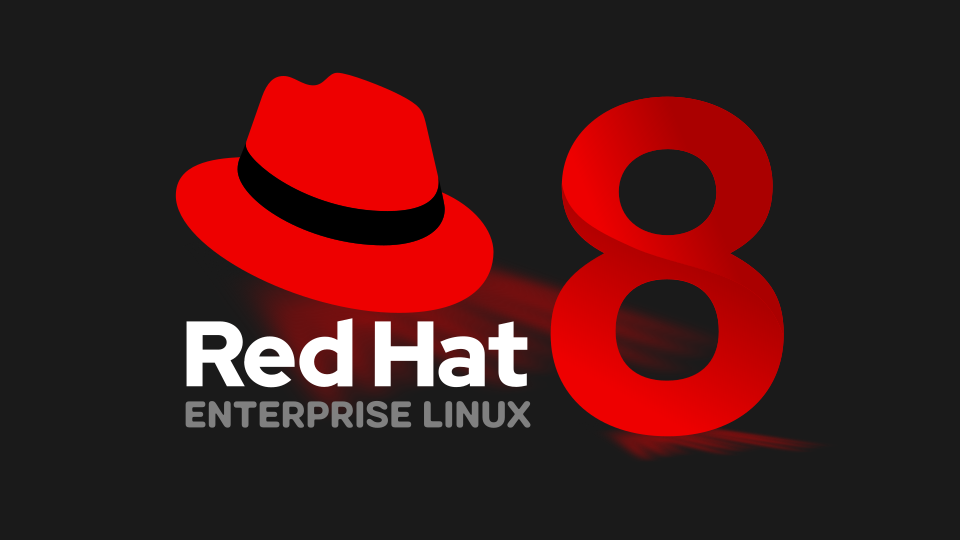
Get started on RHEL 8
Red Hat Enterprise Linux 8 introduces new features that accelerate your application development including installation, coding, tool selection and setup. It includes dozens of runtime languages, compilers, databases, and web and cache servers.
Start with these commands below for your first time through.
For the impatient, use this yum syntax to install an Application Stream @modulename[:version]
Most recent version:
# yum install @postgresql # installs the default, PostgreSQL 10
Or, install a specific version:
# yum install @postgresql:9.6 # installs PostgreSQL 9.6
Use this if you want to see a list of what’s available:
# yum module list # find available application streams
For container development, RHEL 8 adds new Linux container tools: Buildah (container building), Podman (running containers) and Skopeo (sharing/finding containers). You can easily build images based on the many Application Streams.
For a quick reference to new RHEL 8 commands, download the Red Hat Enterprise Linux 8 Cheat Sheet for tips.
Download Red Hat Enterprise Linux 8 Intel ISO More Downloads Download Cheat Sheet
How-tos
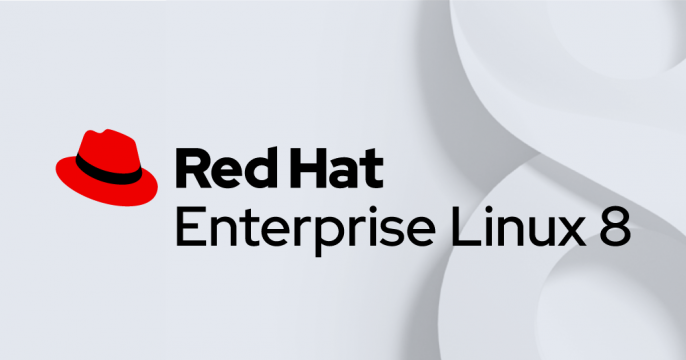
Learn how AppStreams enables us to deliver multiple version streams of...

Buildah and Podman allow you to build and run containers without installing...
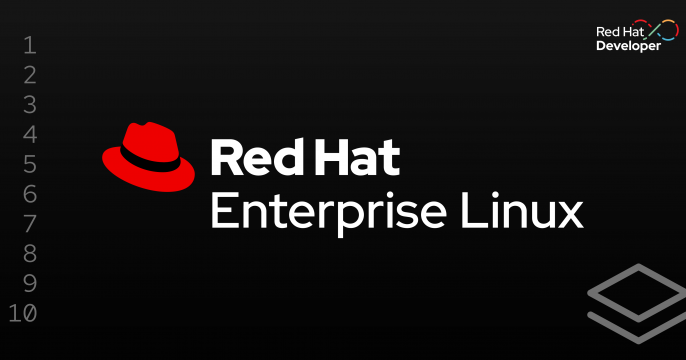
Learn how to install Java 17 and Java 21 on Red Hat Enterprise Linux 8 and...
Red Hat’s lightweight, open standards-based container toolkit is now fully supported and included with Red Hat Enterprise Linux 8. Built with enterprise IT security needs in mind, Buildah (container building), Podman (running containers), and Skopeo (sharing/finding containers) help developers find, run, build, and share containerized applications more quickly and efficiently, thanks to the distributed and daemonless nature of the tools.
RHEL 8 development tools
Red Hat Enterprise Linux 8 includes Application Streams of multiple versions of languages, compilers, databases, and other tools available - all are part of the subscription. The following components are currently available within RHEL 8:
Languages & compilers
Databases, web tools, etc.
- MariaDB 10.3
- MySQL 8.0
- PostgreSQL 10.5 and 9.6
- Redis 5.0
- Apache httpd 2.4
- Nginx 1.14
- Varnish Cache 6.0
- Git 2.17
- Maven 3.5
For a complete list of packages available in the Appstream repo, type
list all modules
Introducing CodeReady Builder
The RHEL 8 introduces a new repository, the CodeReady Linux Builder (or “Builder” for short) that developers may need while developing applications for RHEL. As you all know “developer” is not a one size fits all term.
